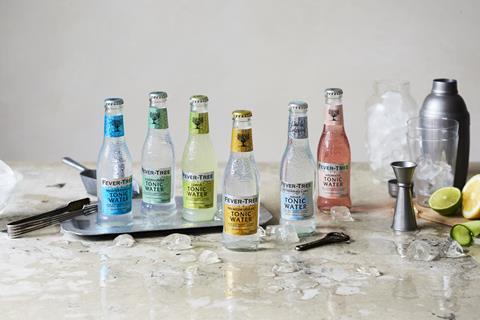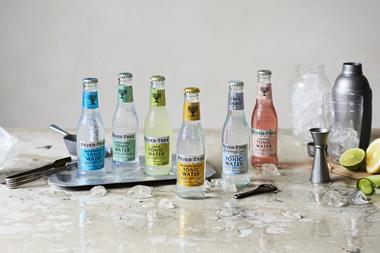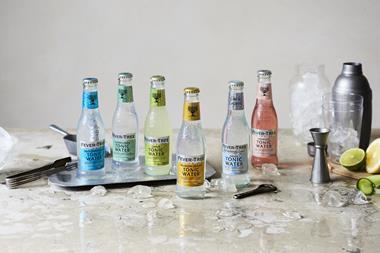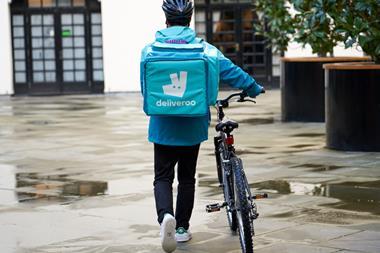
Fever-Tree shares jumped this week, despite a heavy fall in annual profits. Investors breathed a collective sigh of relief on assurances its profits this year would be in line with expectations and UK sales would recover.
Announcing its results for the year to 31 December, the premium mixers supplier said group revenues had jumped 11% to £344.3m, driven by strong 18% growth across the US, Europe and the rest of the world, which now make up a combined 70% of the business.
However, sales declined in the domestic UK market – the group’s single largest – by 2% to £116.2m. The off-trade category recorded a fall of 11%, which the group blamed on lapping figures boosted by lockdowns in 2020 and 2021. However, it argued Fever-Tree had retained its volume share in the retail space and remained “by far” the largest premium mixer brand.
Additionally, it said growth was expected to return in the UK in 2023, boosted by expansion into adjacent categories such as adult soft drinks and cocktail mixers.
Despite top-line growth, inflationary pressures squeezed margins. Adjusted EBITDA fell 37% in 2022 to £39.7m, which was marginally ahead of expectations. Surging costs for glass and transatlantic freight contributed to a fall in gross margins of 7.6 percentage points to 34.5%. Pre-tax profits for the year declined 44.1% to £31m.
Declining margins and UK sales have weighed on Fever-Tree’s share price, which is 35% down year on year and more than 55% down since the start of 2022. However, the shares jumped 9.5% back to 1,180p on Wednesday as it reiterated guidance. CEO Tim Warrillow forecast a “fast improvement” in margins from 2024 as transatlantic freight charges and glass costs ease.
Fever-Tree reiterated 2023 revenue forecasts in the range of £390m to £405m, representing growth of 13%-18%, though expected adjusted EBITDA will take longer to recover and will remain between £36m to £42m this year.
Despite the relief rally, some brokers remained cautious about the group’s immediate prospects. Peel Hunt commented: “With the UK seeing growth slowing and margins likely to come under pressure, we consider there to be more downside risk to earnings.”
Liberum added: “Questions remain if the group will return to its historic levels of profitability.
“Measures to structurally improve profitability such as local US production are a support, but we question if the brand’s price premium leave it inflexible on pricing and vulnerable to cost pressures.”
Hargreaves Lansdown said inflated energy costs still eating into profitability in 2023 makes “the current valuation hard to stomach, despite the growth prospects in the US”. The firm added: “We’d like to see concrete signs that overseas expansion is boosting the bottom line to help justify the mammoth valuation.”



















No comments yet